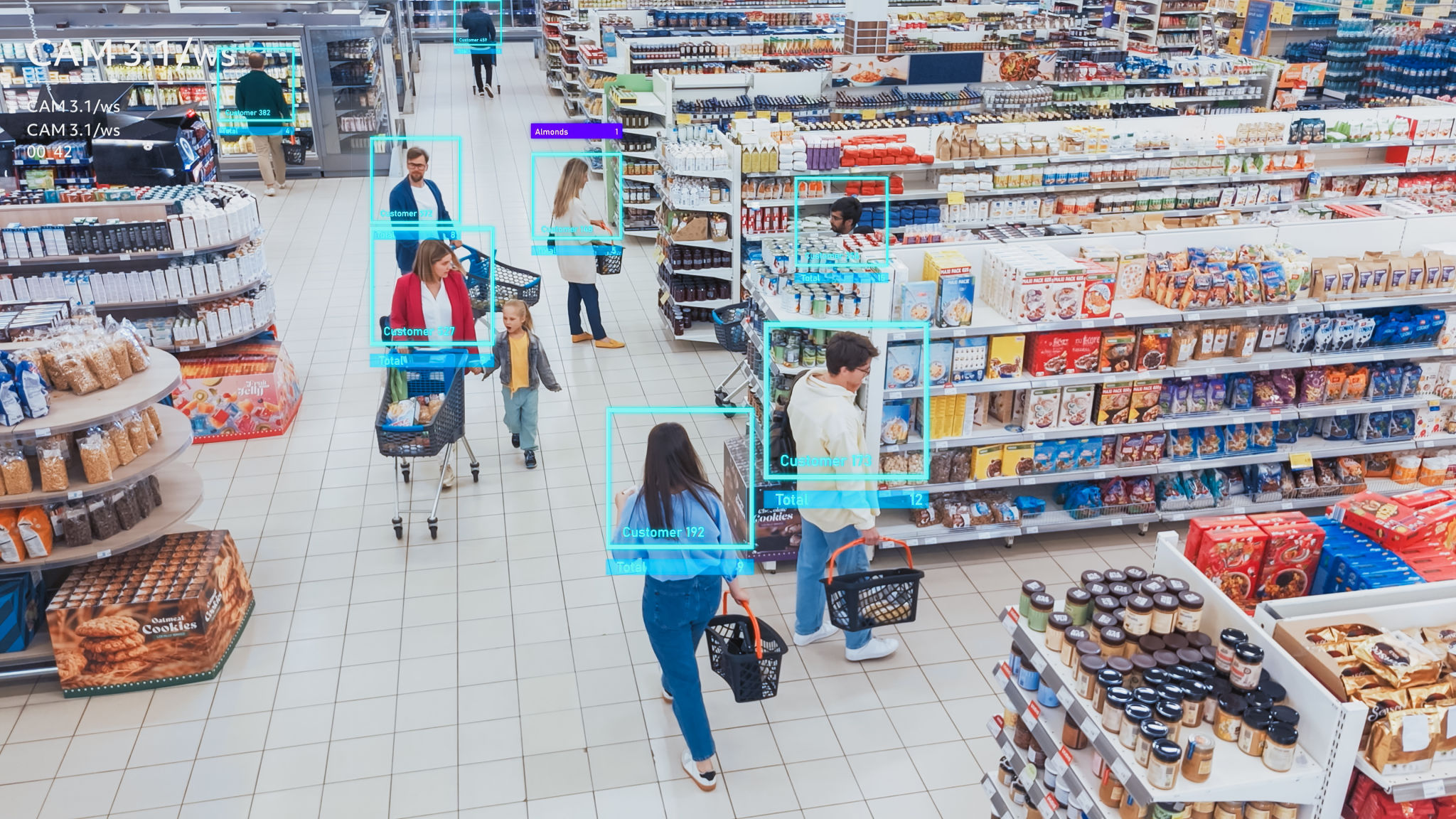Maximizing Profitability with AI in Retail: A Comprehensive Guide
In the fast-paced world of retail, staying ahead of the competition is crucial. One of the most effective ways to do this is by leveraging the power of Artificial Intelligence (AI). By integrating AI technologies, retailers can optimize operations, personalize customer experiences, and ultimately, maximize profitability. This comprehensive guide will explore how AI can transform your retail business.
Understanding AI in Retail
AI in retail refers to the use of machine learning algorithms and data analytics to streamline various processes. From inventory management to customer service, AI can enhance efficiency and improve decision-making. Retailers can use AI to analyze consumer behavior, predict trends, and offer personalized recommendations that boost sales.

Enhancing Inventory Management
Inventory management is a critical component of retail success. AI can predict demand patterns by analyzing historical data and market trends, ensuring optimal stock levels. Retailers can avoid overstocking and understocking, reducing costs and increasing profitability.
Automating Replenishment
AI-powered systems can automate replenishment processes by predicting when stock needs to be reordered. This minimizes the risk of stockouts and ensures that popular products are always available. By maintaining the right inventory levels, retailers can meet customer demand and enhance satisfaction.

Personalizing Customer Experiences
Today's consumers expect personalized shopping experiences. AI can help retailers deliver this by analyzing customer data to offer tailored recommendations and promotions. Personalized marketing strategies not only increase customer satisfaction but also drive higher conversion rates.
Chatbots and Virtual Assistants
AI-driven chatbots and virtual assistants provide real-time support to customers, enhancing their shopping experience. These tools can answer queries, offer product suggestions, and even process transactions. By providing 24/7 assistance, retailers can improve customer engagement and loyalty.

Optimizing Pricing Strategies
Dynamic pricing is an AI-driven approach that adjusts prices based on market demand, competition, and other factors. By using AI to analyze these variables, retailers can set competitive prices that maximize profitability without compromising sales volume.
Competitive Analysis
AI tools can monitor competitors' pricing strategies, enabling retailers to quickly respond with appropriate price adjustments. This proactive approach ensures that retailers remain competitive in the market and attract price-sensitive customers.

Improving Marketing Efforts
AI can significantly enhance marketing campaigns by providing insights into customer preferences and behavior. By analyzing data from various channels, retailers can create targeted campaigns that resonate with their audience, leading to higher engagement and conversion rates.
Predictive Analytics
Predictive analytics allows retailers to anticipate future trends and consumer needs. By leveraging AI for predictive modeling, businesses can make informed decisions on product launches, promotional strategies, and other marketing initiatives.

In conclusion, integrating AI into retail operations offers numerous benefits that can drive profitability. From optimizing inventory management to personalizing customer experiences and enhancing marketing efforts, AI provides retailers with the tools needed to thrive in a competitive landscape. Embracing these technologies is not just an option but a necessity for those looking to maximize their profitability in the modern retail environment.